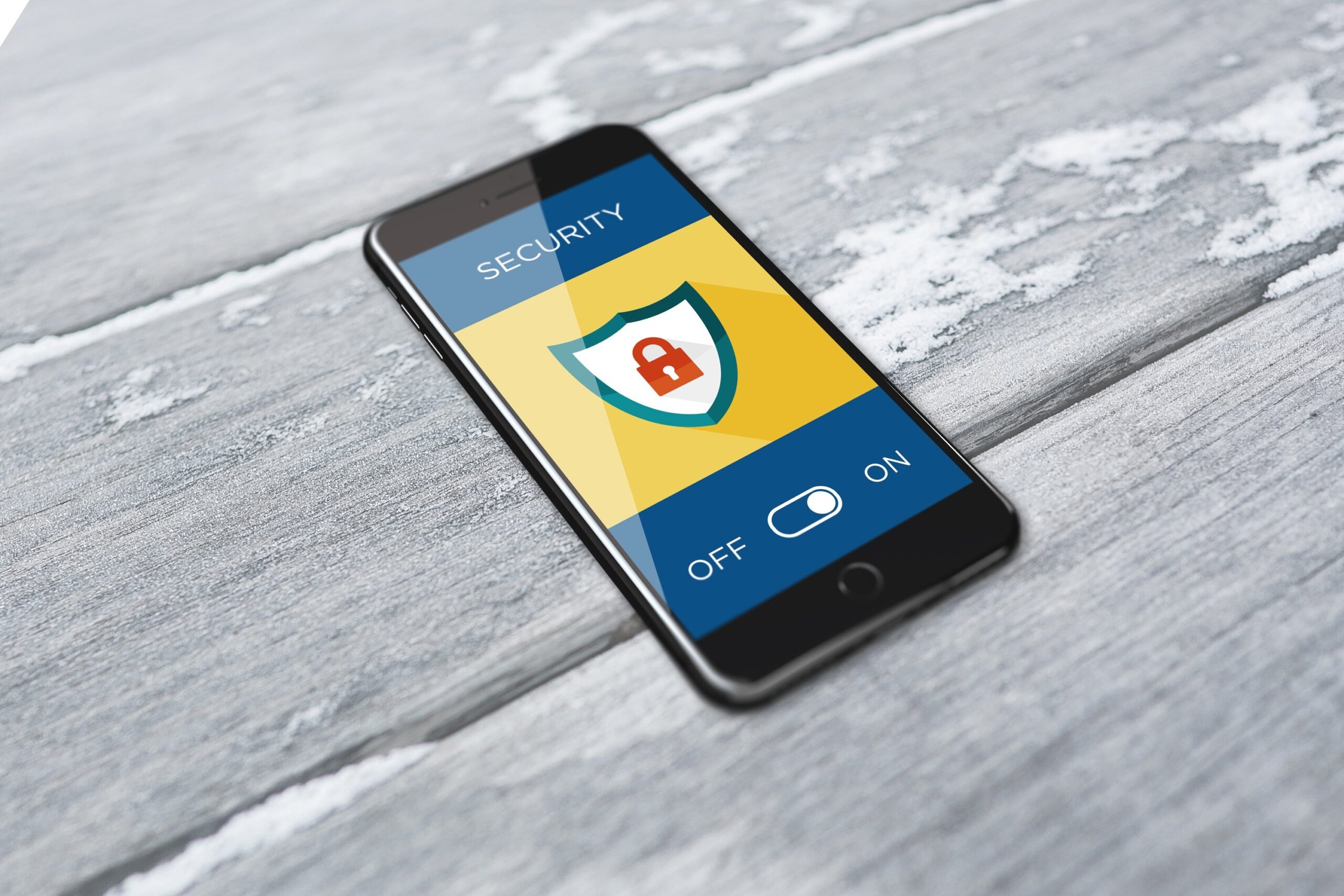Coronavirus could be a boon for cybercriminals, but could also be an ideal time for organisations to tune up their security, writes Henry Asson of the PublicTechnology events series
Credit: Ben Birchall/PA Wire/PA Images
Crises can bring out the best in people.
Recognition of the tireless efforts of healthcare professionals, emergency services, and all other key workers – as well as a renewed community spirit – are featured daily items across our news feeds, and rightly so.
However, such circumstances also breed opportunists. During wartime, there are criminals who see the sacrifices being made others around them as a chance to capitalise on fear.
The UK’s National Fraud Intelligence Bureau reported that victims lost £800,000 to coronavirus-linked scams in February alone. Over 2,000 phishing scams trying to exploit fears surrounding Covid-19 have been reported to authorities. As of April 2020, Action Fraud have reported that losses of those targeted have reached £1.6m.
Warnings issued about malicious hyperlinks and faux government advice sit alongside the standard phishing emails and texts about scam tax rebates that many of us have become used to.
At a time when many are just discovering remote working, only some may have considered that they are outside the safety of a fixed office space, inside their own homes – and thus must secure it as a new place of work.
By no means can we discount the sea change that smarter working brings to all professionals. Combined with the current lockdown, remote working and flexible technology will transform the way we approach office spaces and our work lives.
When many are just discovering remote working, only some may have considered that they are outside the safety of the office, and must secure a new place of work
Yet, by stepping out of the space of our physical office and moving to the sofa or kitchen table, such radical change means that security will matter more.
Effective communication by organisations to their employees on the correct procedures is vital. Law enforcement expected the rise in internet use to be met with a surge in fraud and cyberattacks.
This isn’t only a concern for the working-from-home brigade. Pre-existing cybersecurity measures are also affected: in March, NHSX took the decision to postpone the deadline for submissions to its Data Security and Protection Toolkit to the 30 September.
Just as criminals might see this crisis as an opportunity, others should see one too: to take cybersecurity seriously, not only when we sit down to our 9–5 responsibilities, but whenever we take ourselves online.
Discover the latest tools, techniques and strategies to protect your organisation online at PublicTechnology’s 7th Annual Cyber Security Summit on 14 October. The event will bring together IT and security professionals from central and local government, law enforcement, healthcare and the wider public sector. Attendees will have the opportunity to learn, network and discuss the security needs of their organisation.



